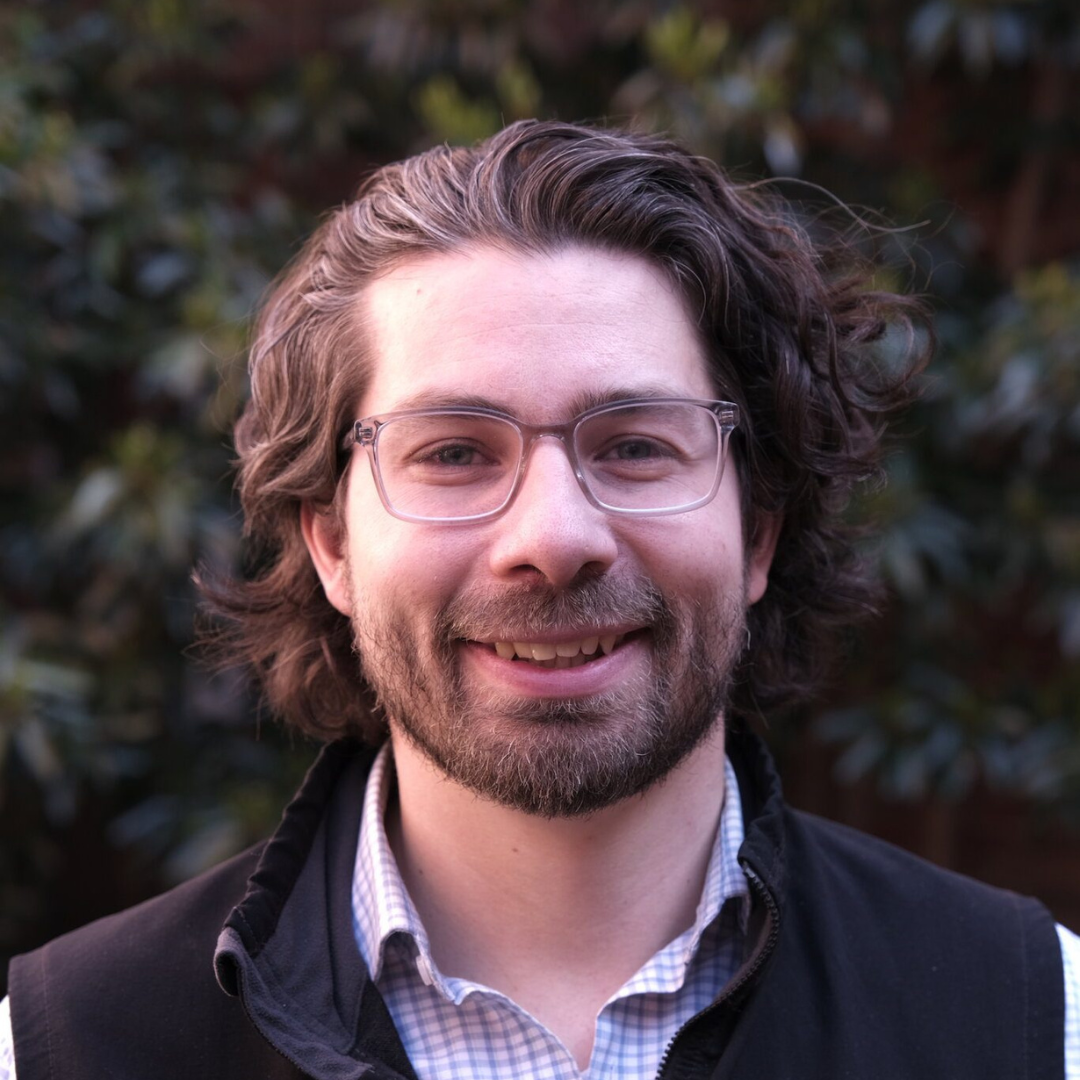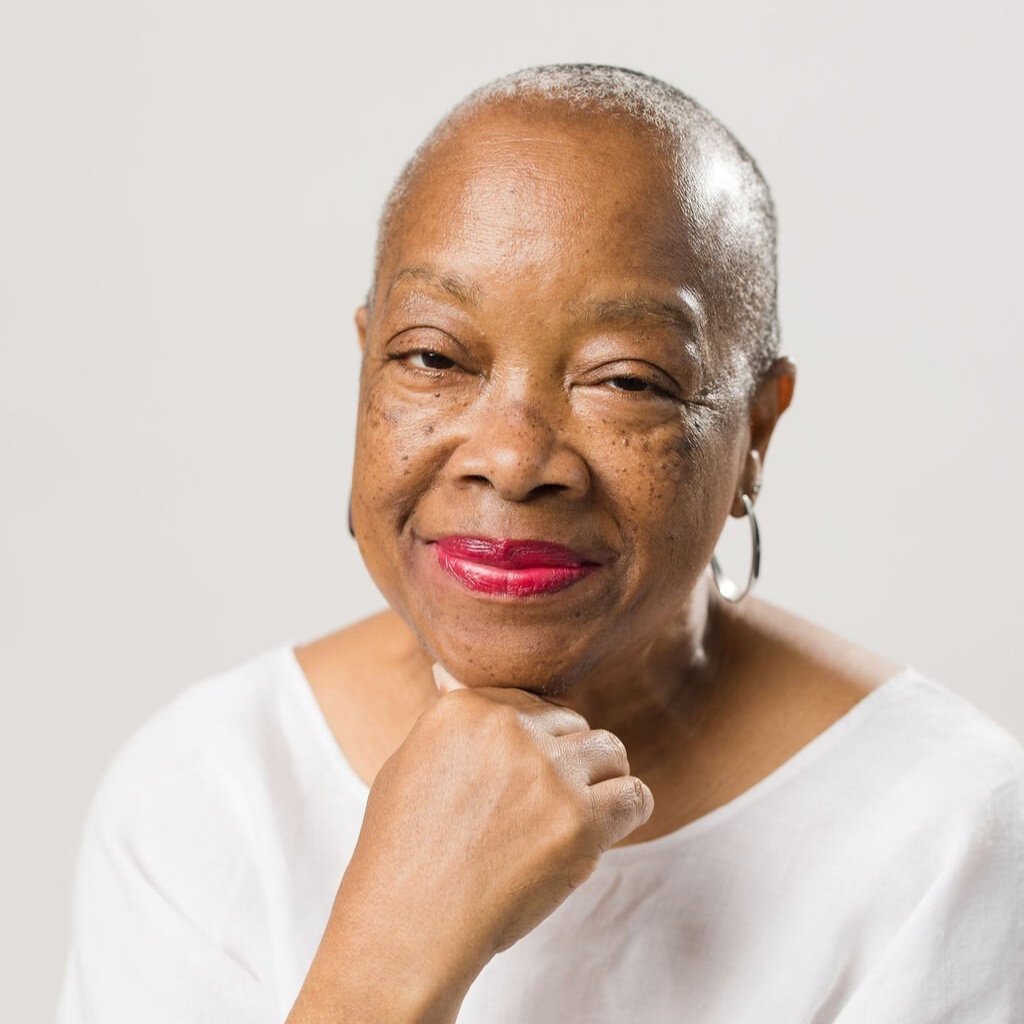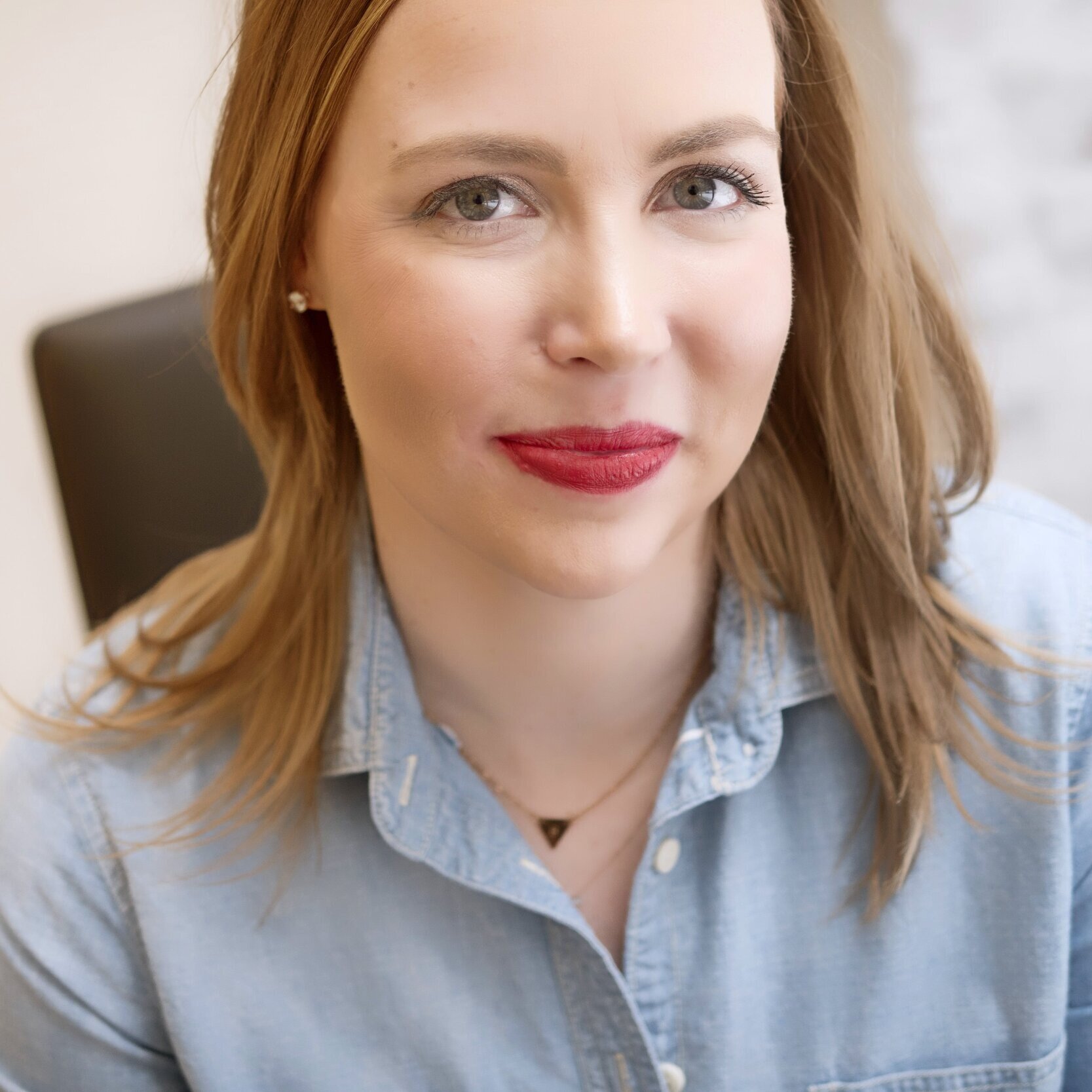Church Anew Blog
Get Updates in Your Inbox
Want to stay up-to-date with the Church Anew Blog? Sign up for our weekly blog round-up.
To My Siblings In Christ: Seek First the Kingdom
I want to pause here and speak directly to those who lean conservative, consider themselves evangelical, or Republican. I do so as someone who has, at different points in my life, considered myself conservative, evangelical, and Republican — and who still understands why those commitments feel meaningful, especially in uncertain times.
… If you feel caught between what your faith is asking of you and what your community expects from you, you are not alone.
This post is not a call to abandon conservatism or to embrace a different tribe. It is a call to something older and deeper: the freedom to remain loyal to Jesus even when that loyalty complicates our political identity.
“Religion” and “Politics” in Psalm 146
Does that sound political to you? Good, because it is. It’s God’s politics for the pious and for the polis. And that means it’s politics and religion all mashed up and intermixed and inextricable all the way down because that’s the way it is with this Lord who will brook no rivals, suffer no competitors, answer to no president or congress, and who loves righteousness and justice equally and always.
The Worst Kind of Evil
I understand why so many parents devote endless hours to the perfect organic diets for their kids, why so many of us research endlessly where to send our kids to school, how to address their medical needs. On a very deep level we sense that when it comes to protecting our children’s lives, we are ultimately mostly powerless, adrift in a sea of powerful interests, in a world where profit is king and kids are another line on a national expense sheet.
Partisan Politics Are So 2024
This is our past year in America, and now that we’ve reviewed it — can we finally consign the political past of 2024 to the dustbin of history?
Why Global Health Matters
As Christians, health around the world matters to us because it matters to God. […] God calls us to love our neighbors, serve the “least of these,” and address injustices.
The Global Impact of USAID Cuts: A Christian Perspective on Our Shared Humanity
Those pushing for these cuts often speak of Christian values while advocating for policies that would abandon the vulnerable. But true Christian values call us to a more expansive vision of community and care. As Luther reminded us, faith is active in love, and love knows no borders.
A Church Anew Book Series: Interview with Rev. Paul Kittlaus, Author of “Organizing Justice Church”
How to live a faithful life requires acknowledging that the role of the church is not only saving souls but equally important is the task of liberating the poor.
In This Crucial Election Year What Will Your Community Do on Day One?
On Day One of the next administration (and in whatever follows), communities of faith must continue the work being God’s people. Regardless of whether you see the outcome you desire or not, the work will need to go on. You’ll either be working in alignment with those you trust, or you’ll be in the resistance against those you do not trust. Either way, there will be work to do.
I lift my eyes to the hills
Jeff Chu wears several hats, including writer, reporter, and editor. He's also the co curator and co-host with Sarah Bessie of Evolving Faith. He's an occasional preacher. Some days, Jeff says he believes in God. Other days, he wants to believe in God.
Let’s revisit Chu’s talk from our 2022 Enfleshing Witness gathering.
Tethered Away From God
The Reverend Ranjit Mathews preaches because God has called him to prophetic and embodied witness to those with ears to hear. His vocation is to love extravagantly, and to invite the shedding from systems of white supremacy, purity culture, patriarchy, and the gospel of production. Let’s revisit his talk from our 2021 Enfleshing Witness gathering.
Your Words Will Become Seeds
Dr. Christine Hong usually mostly writes and teaches, instead of preaches, as a seminary professor. But after her writing and teaching slips into sermon mode, and she's mostly sorry about it, Christine mostly teaches and preaches to seminary students and their loved ones at Columbia Theological Seminary in Decatur, Georgia. Christine preaches among an amazing group of colleagues and friends with the spirits of her ancestors.
Beyond the Politics of Visibility
Jesus embodies a different kind of knowing, a different ministry and witness that comes with stiff social and economic penalties. His visions of an end to evil and dehumanizing systems so that all might flourish. Those were both popular and exceedingly disruptive.
Paternalistic Racism of Nice White People
We have a unique opportunity right now in America. To move from Paternalistic Racism to partnering and listening and working for justice.
Coronavirus in America: Politics and Survival
In 2020 America, what does your mask say about you and how you live?
EXPLORE OUR ARCHIVE OF ARTICLES FROM
Walter Brueggemann
Get Updates in Your Inbox
Want to stay up-to-date with the Church Anew Blog? Sign up for our weekly blog round-up.

















